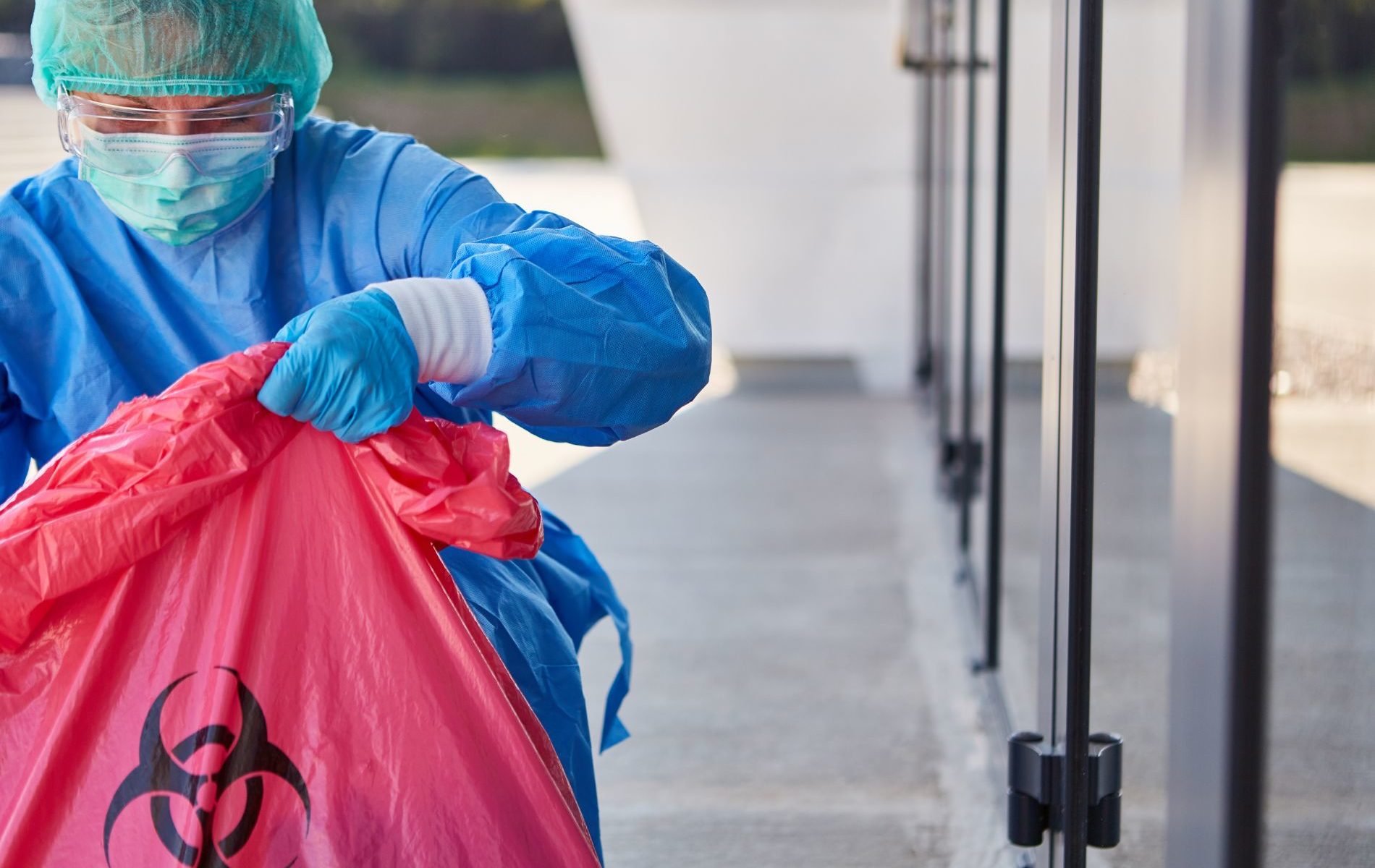Reclaim Waste for Dummies
Reclaim Waste for Dummies
Blog Article
The Best Guide To Reclaim Waste
Table of ContentsGetting My Reclaim Waste To WorkNot known Details About Reclaim Waste Indicators on Reclaim Waste You Need To KnowHow Reclaim Waste can Save You Time, Stress, and Money.Indicators on Reclaim Waste You Need To Know
Explore the kinds, incidents, and forms of fluid waste. Residential sewage waste describes the waste and items from a residential septic tank. This kind of waste is developed by humans in homes, schools, and various other buildings. This only includes septic containers that have a drainpipe area. The appropriate monitoring and disposal of residential sewage waste require fluid waste to be moved to a sewer treatment plant where the proper techniques and tools are related to purify and take care of waste.
Business waste often includes prospective dangers, such as flammable products or a combination of fluid and strong waste products, and requires a much more advanced and thorough disposal procedure. The disposal of business waste generally involves the purification of waste before transport to make sure secure and correct disposal. Industrial waste is developed from byproducts and overflow of commercial processes and production.
This sort of waste can not make use of the same sewer management transportation or processes as septic or industrial liquids. The hazardous waste management procedure calls for the inspection and testing of liquid waste before it undertakes the disposal procedure (industrial wastewater treatment). Overflow waste is the fluid waste that originates from overflow and excess stormwater in extremely populated locations or cities
Overflow waste can cause contamination and flooding if not managed appropriately. Making certain correct waste monitoring can protect against disasters and minimize ecological injury.
8 Easy Facts About Reclaim Waste Described
Contact PROS Services today to learn more about our waste management and disposal services and the proper methods to take care of the liquid waste you create.
(http://peterjackson.mee.nu/where_i_work#c2441)Do you recognize what occurs to your water when you pull the plug, purge the bathroom or drain pipes the cleaning device? No? Well, it's worth understanding. This so-called 'wastewater' is not just an important source yet, after therapy, will be launched to our land, rivers or the ocean. Used water from toilets, showers, baths, cooking area sinks, washings and commercial processes is called wastewater.

water utilized to cool down machinery or tidy plant and devices). Stormwater, a form of wastewater, is drainage that moves from farming and urban locations such as roofing systems, parks, gardens, roadways, paths and seamless gutters into stormwater drains pipes, after rainfall. Stormwater moves without treatment straight to neighborhood creeks or rivers, eventually reaching the ocean.
Rumored Buzz on Reclaim Waste
In Queensland, a lot of wastewater is dealt with at sewage therapy plants. Wastewater is transferred from domestic or commercial sites via a system of sewers and pump stations, understood as sewerage reticulation, to a sewer treatment plant.
The Division of Natural Resources recommends city governments about handling, operating and keeping sewage systems and treatment plants. In unsewered areas, city governments might need householders to mount specific or home sewage treatment systems to treat domestic wastewater from commodes, cooking areas, restrooms and laundries. The Division of Natural Resources authorizes the use of home systems when they are confirmed to be effective.
Most stormwater obtains no treatment. In some brand-new class, treatment of some stormwater to eliminate clutter, sand and crushed rock has actually started using gross toxin traps. Wastewater therapy takes place in four stages: Gets rid of solid matter. Larger solids, such as plastics and various other things wrongly released to sewers, are gotten rid of when wastewater is gone through screens.
Makes use of small living organisms understands as micro-organisms to break down and remove remaining dissolved wastes and great bits. Micro-organisms and wastes are included in the sludge.
Reclaim Waste Fundamentals Explained
Nutrient removal is not readily available whatsoever sewer treatment plants because it needs pricey specialist devices. It is coming to be more usual in Queensland. Clear fluid effluent created after treatment may still include disease-causing micro-organisms. If this effluent is launched right into rivers such as rivers or the sea, the micro-organisms will eventually die out.

Many wastewater flows into the sewage system. Under the Act, regional governments administer approvals and licences for environmentally relevant tasks (ERAs) entailing wastewater launches that could have a regional effect.
The Best Strategy To Use For Reclaim Waste
Surveillance supplies accurate information about water high quality and can validate that permit problems are being satisfied. The information gotten via monitoring gives the basis for making water quality choices.
Report this page